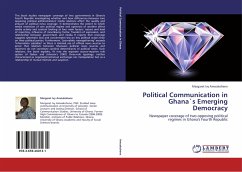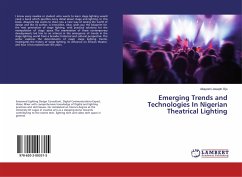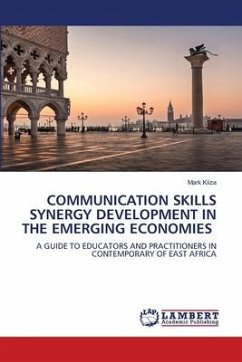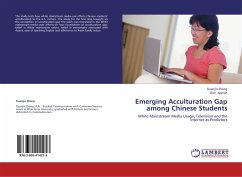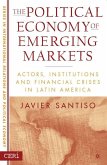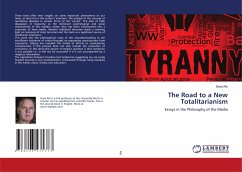This book studies newspaper coverage of two governments in Ghana's Fourth Republic investigating whether and how differences between two opposing political administrations' media relations affect the quality and amount of political news coverage. It demonstrates the extent to which media restriction of one political regime and openness of another affect media activity and content looking at four main factors: nature and level of reporting, influence of incumbency factor, freedom of expression, and relationship between government and media. It reports that coverage suggests systematic bias and concentrates less on key political actors than on their political parties. Furthermore, "journalistic newsgathering" exceeds "information subsidies" as there is minimal use of official news sources to prove that relations between Ghanaian political news sources and reporters do not constitute cardinal determinants of political news. Such relations, the book explains, fit into the separate source-reporter role option of Gieber and Johnson's (1961) three-role typology: neither characterised as negotiations/mutual exchanges nor manipulation but as a relationship of mutual mistrust and suspicion.
Bitte wählen Sie Ihr Anliegen aus.
Rechnungen
Retourenschein anfordern
Bestellstatus
Storno

